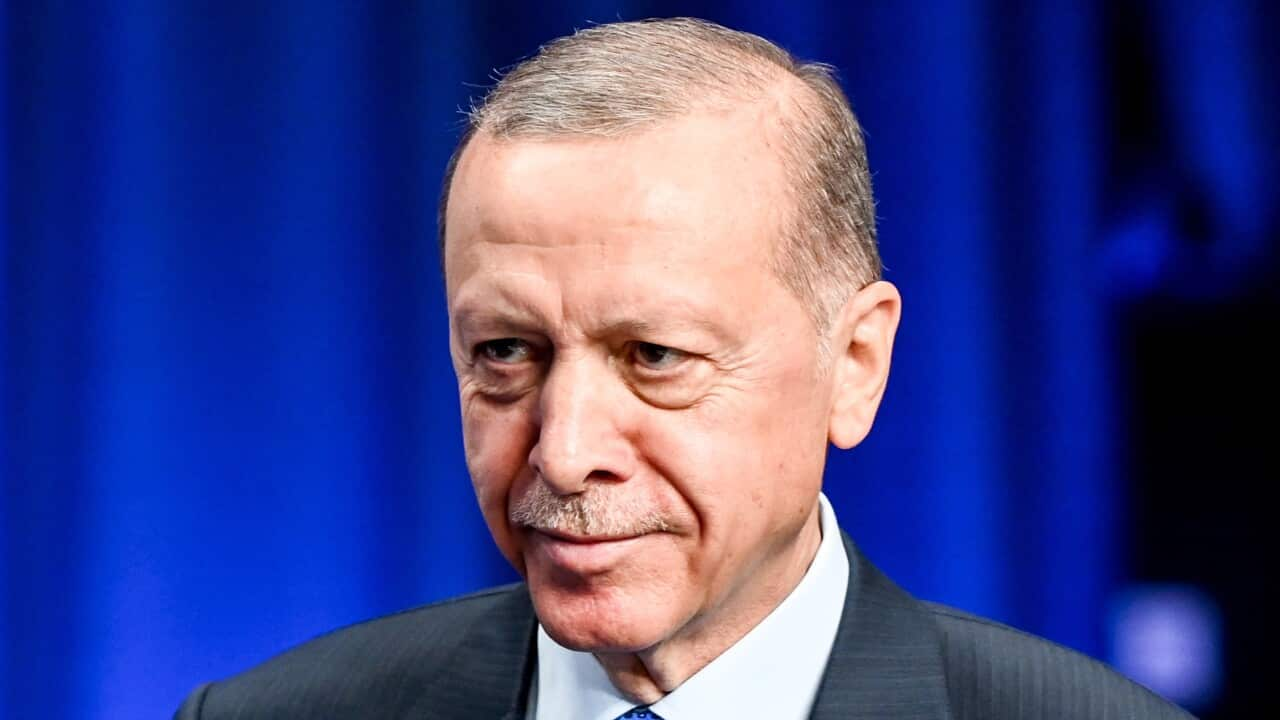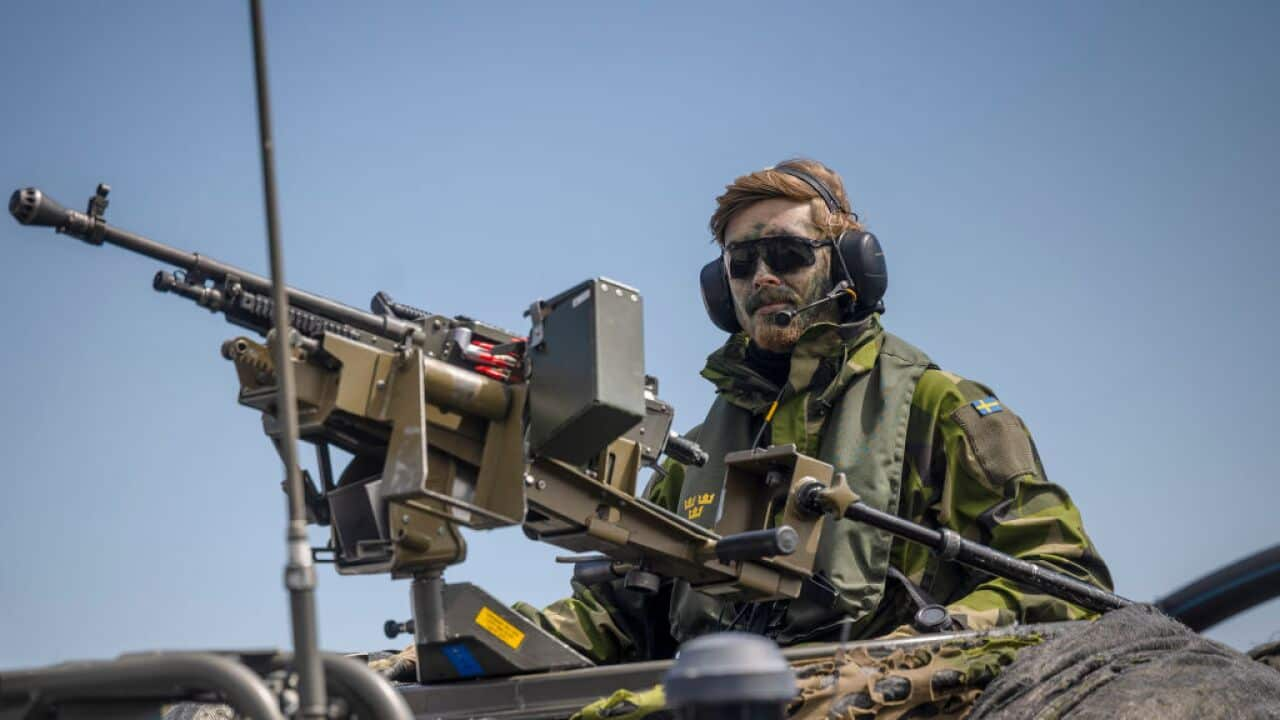Key Points
- NATO chief Jens Stoltenberg welcomed Türkiye's move and urged Hungary to do the same.
- Lawmakers voted 287-55 in favour of Sweden's bid to become the 32nd member of the alliance.
- Finland's membership last April doubled the length of NATO's border with Russia.
Türkiye's parliament on Tuesday ratified Sweden's NATO membership after more than a year of delays that upset Western efforts to show resolve in the face of Russia's war on Ukraine.
The country's general assembly, where President Recep Tayyip Erdoğan's ruling alliance holds a majority, voted 287-55 to approve the application to bolster its security in response to Russia's full-scale invasion of Ukraine.
"Today we are one step closer to becoming a full member of NATO," Swedish Prime Minister Ulf Kristersson said on social media after the vote.
All NATO members need to approve applications from countries seeking to join the alliance. over what it said was the two countries' protection of groups it deems terrorists.
It endorsed Finland's membership in April last year but, along with Hungary, had kept Sweden waiting.
NATO chief Jens Stoltenberg also welcomed the move — and urged Hungary to do the same.
"I also count on Hungary to complete its national ratification as soon as possible," he said, adding that "Sweden's membership makes NATO stronger and all of us safer."
The United States welcomed the Turkish parliament's decision to ratify Sweden's membership of NATO, an "important priority" for President Joe Biden, the White House said on Wednesday.
Türkiye's green light leaves Budapest as the last holdout in an accession process that Sweden and Finland began in response to Russia's invasion of Ukraine nearly two years ago.
Ankara forced the northern neighbours to split up their applications after finding fault with Sweden and approving Finland after a few rounds of talks.
and boosted the defences of three tiny Baltic nations that joined the bloc following the collapse of the former Soviet Union.
Sweden, whose membership bid marked a historic shift away from a non-aligned security policy, would enhance NATO defences in the Baltic Sea region facing Russia.










